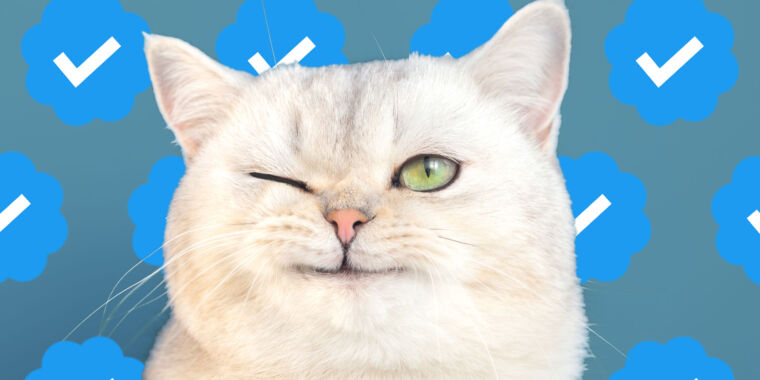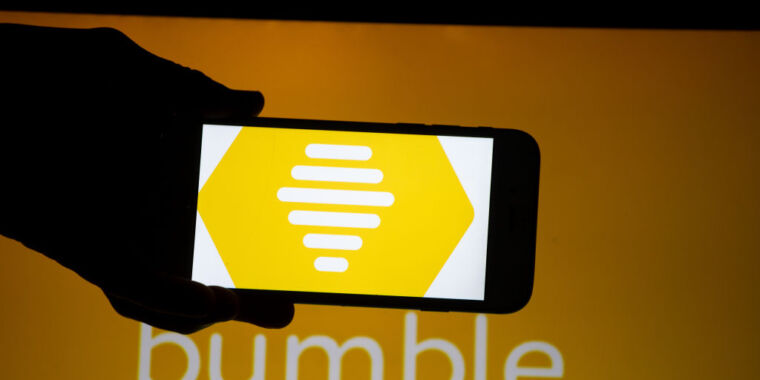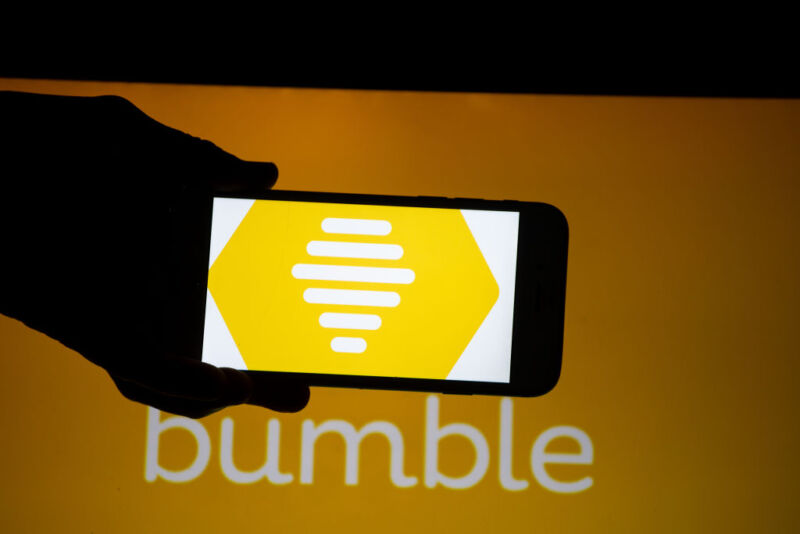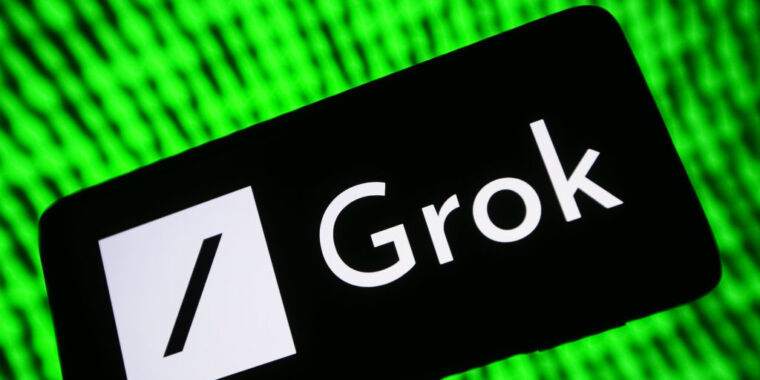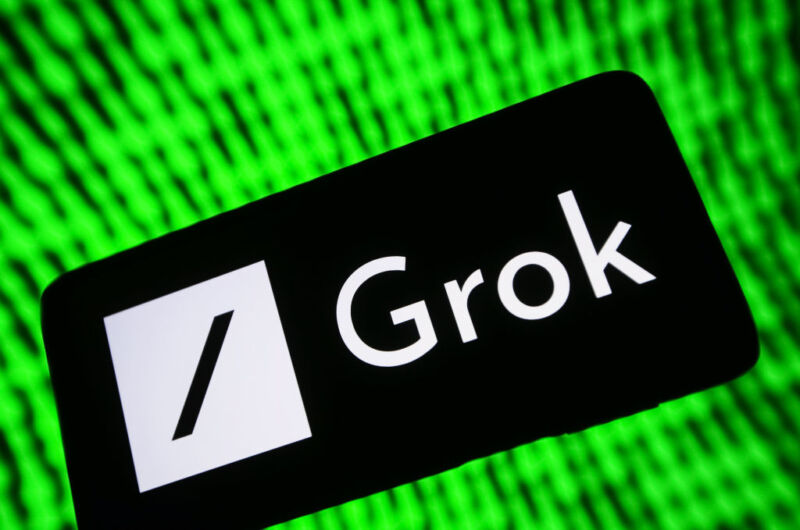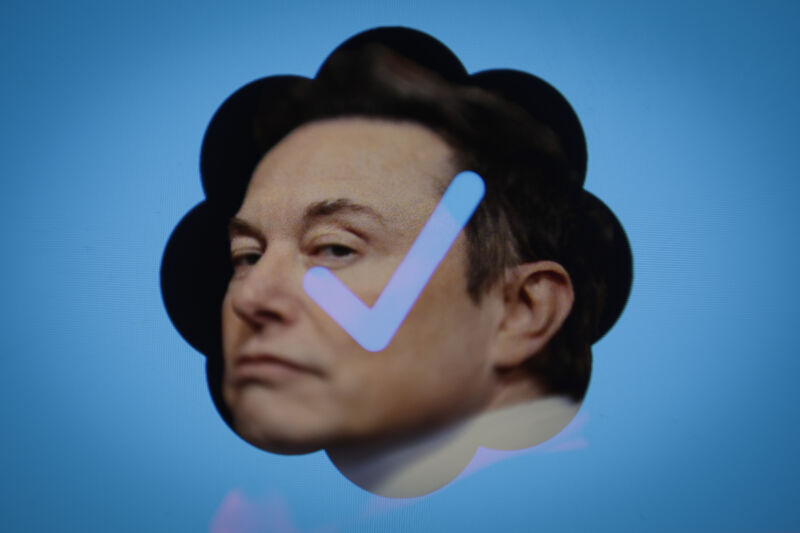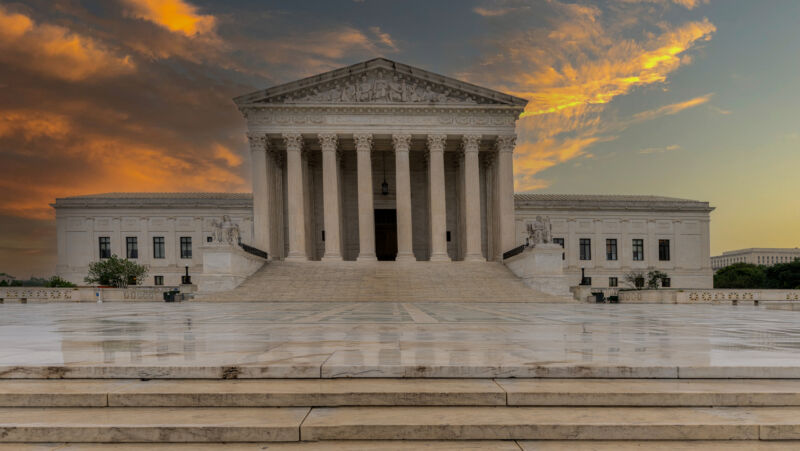Butts, breasts, and genitals now explicitly allowed on Elon Musk’s X
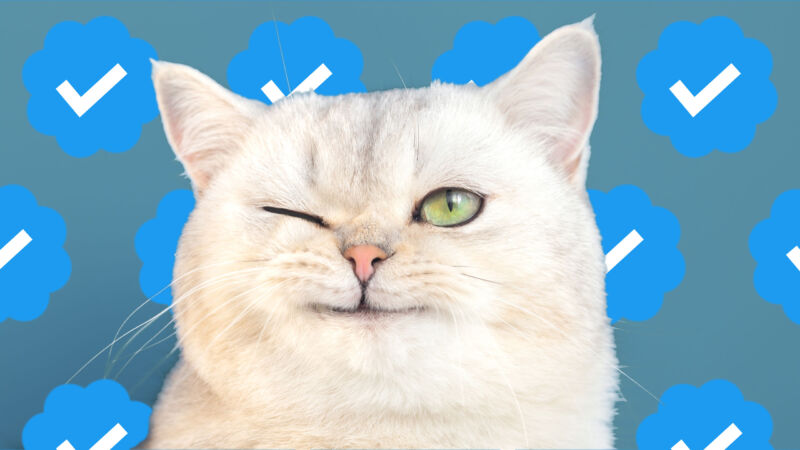
Aurich Lawson | Getty Images
Adult content has always proliferated on Twitter, but the platform now called X recently clarified its policy to officially allow “consensually produced and distributed adult nudity or sexual behavior.”
X’s rules seem simple. As long as content is “properly labeled and not prominently displayed,” users can share material—including AI-generated or animated content—”that is pornographic or intended to cause sexual arousal.”
“We believe that users should be able to create, distribute, and consume material related to sexual themes as long as it is consensually produced and distributed,” X’s policy said.
The policy update seemingly reflects X’s core mission to defend all legal speech. It protects a wide range of sexual expression, including depictions of explicit or implicit sexual behavior, simulated sexual intercourse, full or partial nudity, and close-ups of genitals, buttocks, or breasts.
“Sexual expression, whether visual or written, can be a legitimate form of artistic expression,” X’s policy said. “We believe in the autonomy of adults to engage with and create content that reflects their own beliefs, desires, and experiences, including those related to sexuality.”
Today, X Support promoted the update on X, confirming that “we have launched Adult Content and Violent Content policies to bring more clarity of our Rules and transparency into enforcement of these areas. These policies replace our former Sensitive Media and Violent Speech policies—but what we enforce against hasn’t changed.”
Seemingly also unchanged: none of this content can be monetized, as X’s ad policy says that “to ensure a positive user experience and a healthy conversation on the platform, X prohibits the promotion of adult sexual content globally.”
Under the policy, adult content is also prohibited from appearing in live videos, profile pictures, headers, list banners, or community cover photos.
X has been toying with the idea of fully embracing adult content and has even planned a feature for adult creators that could position X as an OnlyFans rival. That plan was delayed, Platformer reported in 2022, after red-teaming flagged a seemingly insurmountable obstacle to the launch: “Twitter cannot accurately detect child sexual exploitation and non-consensual nudity at scale.”
The new adult content policy still emphasizes that non-consensual adult content is prohibited, but it’s unclear if the platform has gotten any better at distinguishing between consensually produced content and nonconsensual material. X did not immediately respond to Ars’ request to comment.
For adult content to be allowed on the platform, X now requires content warnings so that “users who do not wish to see it can avoid it” and “children below the age of 18 are not exposed to it.”
Users who plan to regularly post adult content can adjust their account’s media settings to place a label on all their images and videos. That results in a content warning for any visitor of that account’s profile, except for “people who have opted in to see possibly sensitive content,” who “will still see your account without the message.”
Users who only occasionally share adult content can choose to avoid the account label and instead edit an image or video to add a one-time label to any individual post, flagging just that post as sensitive.
Once a label is applied, any users under 18 will be blocked from viewing the post, X said.
Butts, breasts, and genitals now explicitly allowed on Elon Musk’s X Read More »
